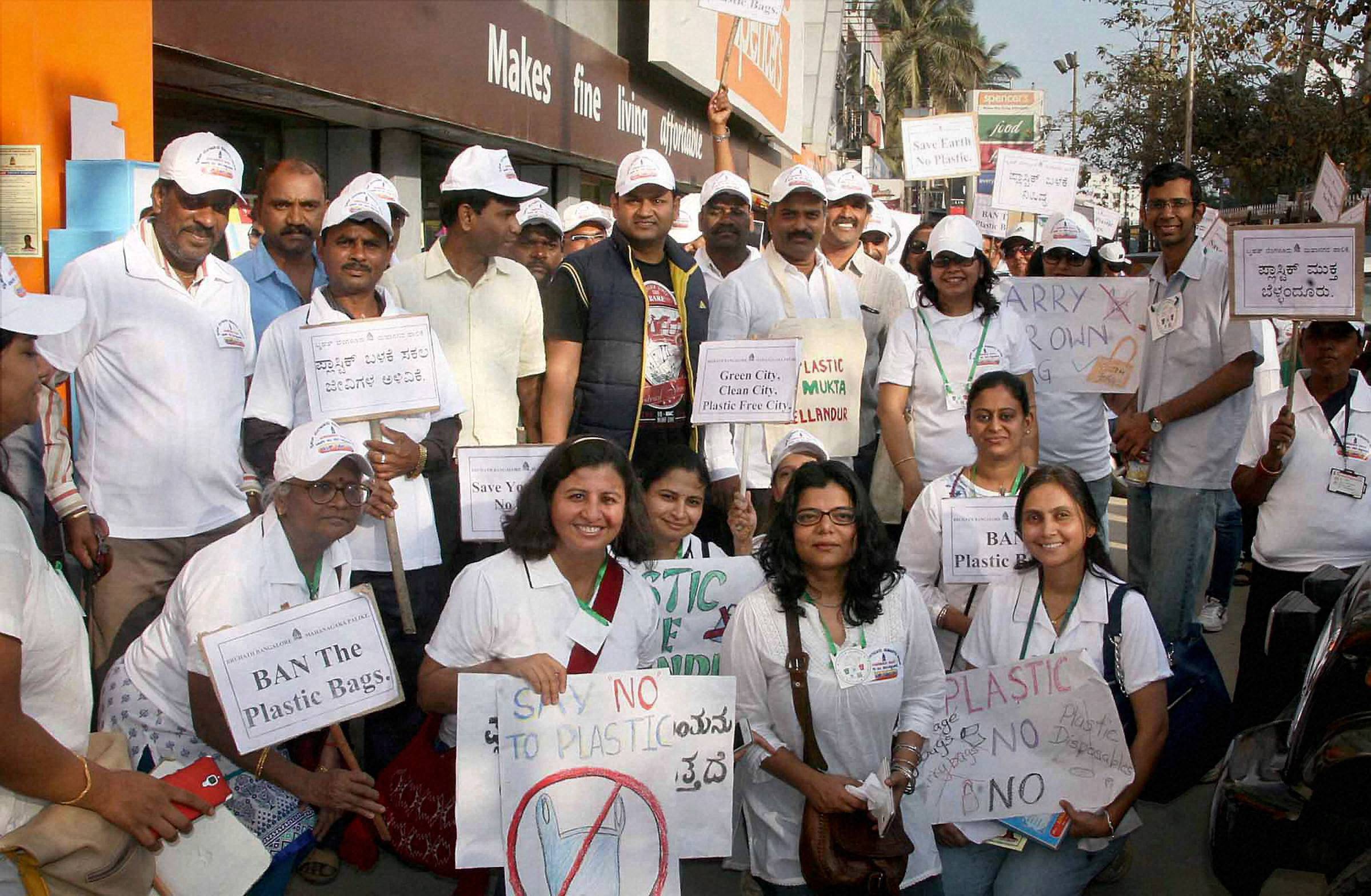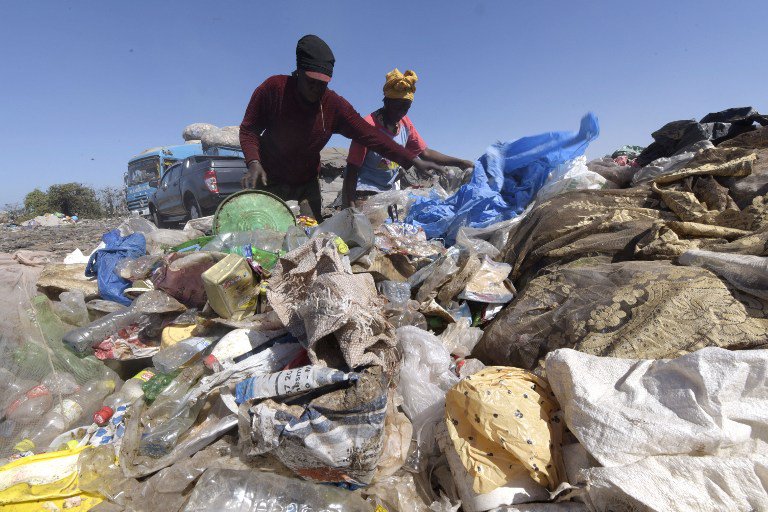What Are Exoplanets And How NASA Detects Life Beyond Our Solar System
Bharti Airtel Set To Acquire Telenor India Within This Year
Google Celebrates NASA’s Discovery Of Seven Earth-Like Planets With An Animated Doodle
Some Home Remedies That Might Sound Bizarre But Actually Work Like A Charm
Akshay Kumar Feels He Has Made Enough Money, Now Wants To Focus On Content & Characters
Delhi ATM Dispenses Fake Rs 2000 Notes From ‘Childrens Bank of India’ With ‘Churan Lable’
Adolf Hitler’s Personal Telephone During World War II Is Up For Auction In The US
From Salman Khan To Rekha, Neil Nitin Mukesh’s Wedding Reception Was Quite A Starry Affair
Believe It! Scientists Discover A New Species Of Bacteria That Eats Plastic
There have been many estimations on how harmful plastics can be. The World Economic Forum had once stated that in 35 years, oceans will contain more plastic than fish. Polyethylene terephthalate also known as PET, is one such form of plastic that is widely used - primarily for making bottles - and has properties that makes it really difficult to decompose within a short period of time. PET also makes up almost one-sixth of the world’s annual plastic production. So PET poses a serious environmental hazard. However, in a breakthrough discovery, scientists in Japan have found a species of bacteria that feeds on PET. While humans may sit back and relax, nature will not.
The researchers in Japan isolated 250 samples of PET debris they collected from a recycling plant. The bacteria - Ideonella sakaiensis - use a pair of enzymes to break down PET.
"If you put a bacteria in a situation where they’ve only got one food source to consume, over time they will adapt to do that. I think we are seeing how nature can surprise us and in the end the resiliency of nature itself," lead researcher Enzo Palombo, from Swinburne University, told The Guardian.
It takes the bacteria nearly six weeks to degrade a small piece of PET which is not of a very good quality. It took them longer to degrade PET which are not made of cheap material. Researchers have mentioned that bacteria would have a limited impact if it were to be applied to large amount of plastic waste.
"This is the first rigorous study – it appears to be very carefully done – that I have seen that shows plastic being hydrolyzed [broken down] by bacteria," said Dr Tracy Mincer, a researcher at Woods Hole Oceanographic Institution to The Guardian.
The power to degrade PET using enzymes was previously limited to a few species of fungi, hence scientists consider the discovery of bacterium a vital step. They hope to develop more nature friendly alternatives to reduce plastic waste with further studies.
But, still say no to plastic.






